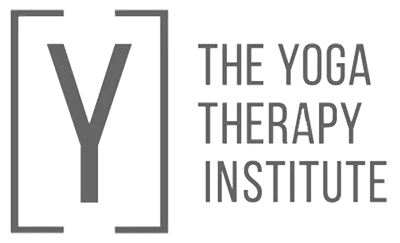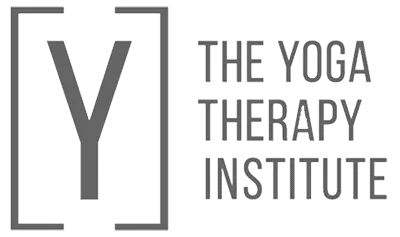
What is emotional resilience and why is it so important? Emotional resilience is the ability to mentally or emotionally cope with life’s many challenges, without becoming overwhelmed or paralyzed with fear and uncertainty. It also means that emotional equilibrium can be rapidly restored, after a crisis. It requires mental flexibility, which supports the capability to adapt to adversity and modulates reactions in times of stress.
Emotional resilience does not eliminate stress or imply that you will not be faced with difficulties. It simply means that, by developing inner strength, you will be able to deal with these challenging situations in a more healthy and constructive way, allowing you to move on and to ride the waves of uncertainty in a more resourced way.
“Do not judge me by my success, judge me by how many times I fell down and got back up again.”
Nelson Mandela
Everyone can take steps to develop greater personal emotional resilience and this is why we, at The Yoga Therapy Institute, have consciously integrated the study of emotional resilience into every biomedical module. Yoga Therapy is founded on the Pancha Maya kosha model – a multidimensional approach to what it means to be a human being. Weaving all these intertwined facets into each module makes for a more complete perspective. The training recognises that our minds and our body systems are inextricably linked and exert profound reciprocal influences on each other. There are no solid boundaries between our psychological state and our biology. Teaching resilience, as an integral part of each module, means that we can explore the biology underlying each system, the disorders that occur from imbalances, how this relates to emotional resilience and teach the appropriate tools and skills that will develop emotional strength and the ability to overcome adversity.
For example, in the endocrine module, we study the functioning of the immune system and the HPA axis stress response. Stress itself has long been tethered to immune function. Immune dysfunction can result from excessive stress and is associated with elevated inflammation. Changes in immune function as a result of stress might also make us more susceptible to infections. However, there is growing evidence that these pathways are bi-directional. In fact, the immune system may affect the way we process psychologically stressful events. Excessive inflammation may bias us towards negative mood, which could make it harder for us to deal with added stressors. Additionally, some research suggests that inflammation could increase brain responses to social feedback, including negative feedback.
Whilst, the application of Yoga Therapy practices is always adapted to the specific health issues being experienced by the client, in broad terms, we would include a variety of therapeutic practices that focus on calming the nervous system, reducing the immune response and inducing relaxation.
Teaching clients the tailored tools to develop their own agency and balance their emotions, empowers them to make lifestyle interventions and face life’s challenges with more equanimity and experience a greater sense of emotional and physical wellbeing.
The Yoga Therapy Institute continues to evolve and is keenly aware of the importance of continuing to develop the curriculum to meet the dynamic demands of our society. The intention is, as ever, to provide the highest quality of training, to ensure that every graduate Yoga Therapy student goes out into the world with the knowledge, compassion and confidence to make a real difference.









